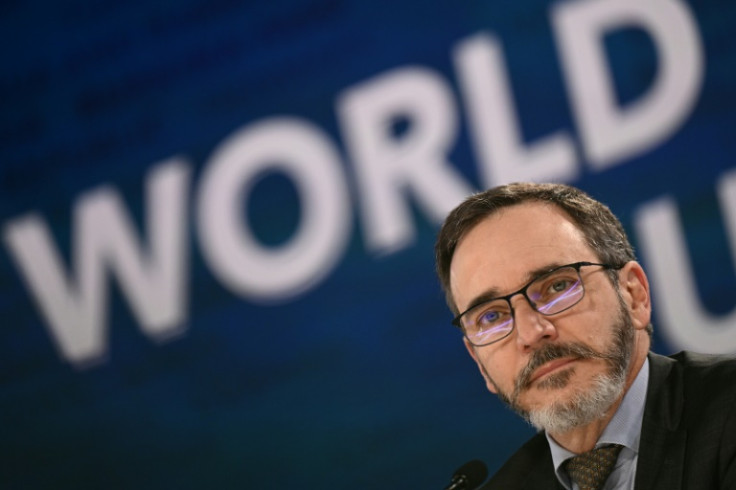
Donald Trump's economic plans risk reigniting US inflation, International Monetary Fund (IMF) chief economist Pierre-Olivier Gourinchas told AFP, a few days before the president-elect returns to the White House.
Trump's proposals to hike tariffs and curtail immigration would likely constrain the supply side of the economy and push up prices, Gourinchas said in an interview.
Other proposals the president-elect has floated, such as cutting red tape and taxes, could also fuel inflation by boosting demand, he added.
"The bottom line is, when we look at the risk for the US, we see an upside risk on inflation," he said.
Gourinchas spoke to AFP at the IMF's headquarters in Washington ahead of the publication of its flagship World Economic Outlook (WEO) report on Friday.
In the WEO update, which did not account for Trump's proposals due to policy "uncertainty," the IMF raised its forecast for global growth and sharply hiked its outlook for the US economy.
Many economists see Trump's tariff and immigration plans as inflationary, but Trump and his advisors have pushed back, arguing that the overall package of measures he plans to enact should help keep prices in check.
Traders have pared back the number of rate cuts they expect the US Federal Reserve to make in 2025, assigning a roughly 80 percent chance that it will make no more than two quarter-point cuts this year, according to data from CME Group.
Gourinchas said the IMF expects the Fed to cut rates by half a percentage point in both 2025 and 2026, a forecast in line with the median projection of Fed officials surveyed in December.
In the world's second-largest economy, which is grappling with a crisis in the property sector and growing uncertainty about global trade policy, the situation looks starkly different.
In its WEO report, the IMF forecast that China's growth would continue to cool, but on a slightly shallower path thanks to the government's recent package of fiscal support designed to support the slowing economy.
"If you look at China, the concerns are with maybe entering a deflation regime, having the property sector crisis become worse," Gourinchas said.
"In terms of policies, we certainly think that the Chinese are going in the right direction, but maybe the Chinese authorities can do more," he said.
If they do not, China runs the risk that the recent economic support could prove to be insufficient, potentially causing a larger slowdown in growth, he added.







